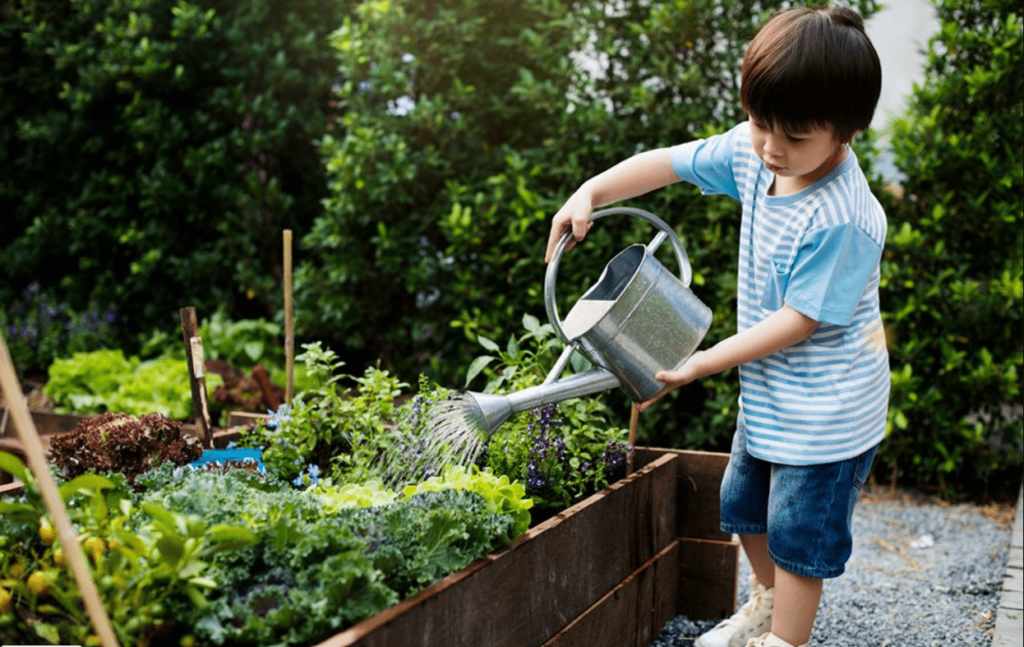9 Easy Gardening Tips for Beginners
as you know it’s a new year, so get up and build a new one for yourself! And if the new 2020 version involves studying the flower garden, you’ve come to the right spot. Landscaping and gardening is the best method to past time in the country, and flower gardening, in specific, is interesting and worthwhile. but if you don’t understand where to begin, don’t worry! this article will support you recover your self-confidence with these 9 easy gardening tips for beginners
1 understand your place
Every garden space is different and yours is unique. Is your only available flower garden space indoors, on the patio or balcony, or do you have a lot of outdoor space? Is your property rocky, sloping, fully shaded or warm? Make some notes about your requirement to use in collecting plants.
<
2 Start with soil
Nothing happens in the garden and we mean nothing. If your soil is bad, then do yourself (and your plants!) A service – know what kind of soil you have and do what you need to do for it. that. enrich. Not sure where to start? Dig a little bit of your soil and smell it. If it is sticky, it contains a lot of clay. If it is granular, it is likely to contain a lot of sand. Add compost to both. If the soil is silky and smooth, it’s probably good to plant it.
<
3 Make a plan
When picking plants, you must have data about their condition so that you can grow taller.
Your knowledge will help you plant the right space for them so they can grow unhindered.
<
4 Keep a diary
A diary is usually used to write garden dreams or garden inspiration. It’s a great way to keep track of garden activities. It is also used to store information about interesting plants. You can use it as a reminder to include them in your garden next year.
<
5 Start easily with plants
Planting vegetables is a fun demonstration of gardening. Their growth doesn’t take much time if you make a mistake, wasting months and months. Sunflowers are also a good option for growing because they grow so fast and long.
<
6 Understanding the growing needs of plants
Every plant has needs that need to be met for water, sunlight, and soil – and you need to know what each plant needs. Some plants need full sun and little water, while others need constant watering in shade, for example. However, others need very rich soil, while some will thrive on any soil you give it.
Knowing when to plant your plants is also important, as some prefer fall or spring plantings for growth and flowering, while others can be planted in summer or mild winter.
A good way to find out is to first read the label that came with the plant or a description of the plant on the website. Do you feel sociable? Join the Beginners Garden Club for more information on plants.
<
7 Grow like plants together
Based on tip 2, once you know what the plants need, be sure to combine them only on a planting medium that has the same growing needs.
<
8 Make a schedule
It is usually too hot to plant in the summer. In the fall, when the heat is over, prune the trees and large shrubs. If you want to add bulbs or new plants for next year, add them at this time, but you can also plant them in early spring.
<
9 water
Rainwater and spring water are undoubtedly great resources for growing plants instead of distilling water or sugar and brine.
The new plant requires more attention in many ways, such as the right space, water, sunlight

